
Every year in the UK, the RSPB (Royal Society for the Protection of Birds) has a special weekend where everyone is invited to participate.
It is called the ‘Big Garden Birdwatch’; https://www.rspb.org.uk/get-involved/activities/birdwatch/ and it allows anyone to spend just a hour in their own garden; or from the house etc; to log and count the types of birds which are visiting their area.
We are all ready to do our bit; taking part in this free count, which only takes an hour of time; a yet provides a huge amount of data to scientists who research how bird numbers and species are increasing or declining across the whole of the country.

What’s also very important – it links people with garden birds; tells them about care and how to provide types of food for the different types. A big win-win for the garden birds of the UK; and with over half a million people signed up for this years event, the data provided by the watch will be a massive insight or window into the bird situation in the UK.
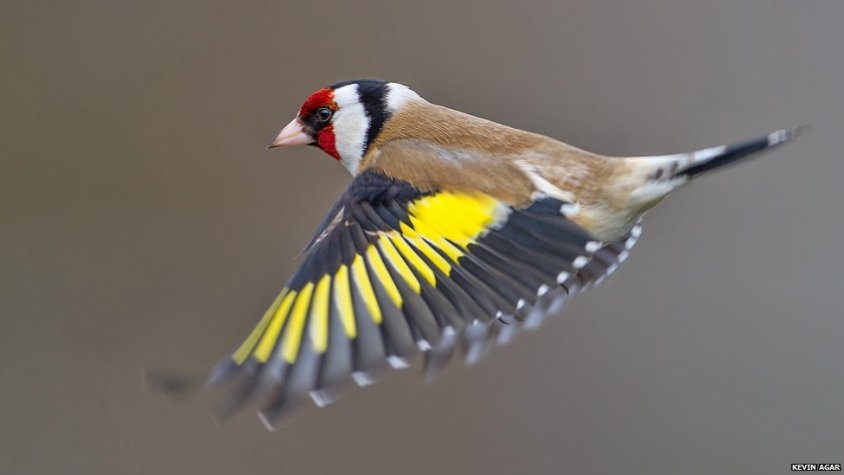
There is still time to take part if you live in the UK – just follow the links we have given below;
Happy watching – Mark (WAV).

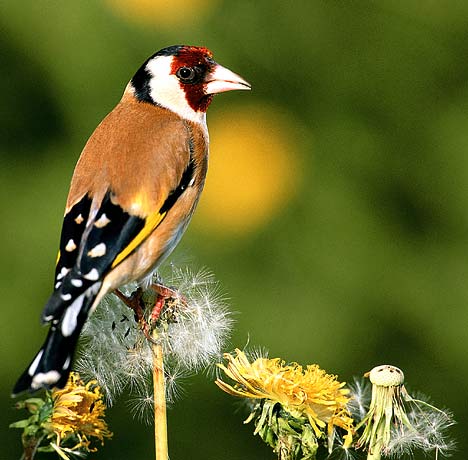
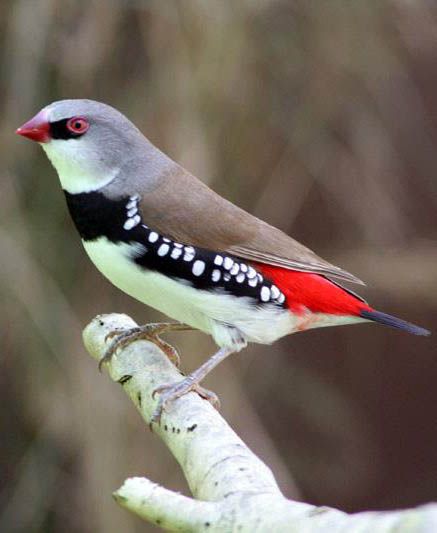
From the RSPB:
For over 40 years, we’ve (RSPB) have been asking you to count the birds in your garden – and you’ve been brilliant at it.
With over half a million people now regularly taking part, coupled with 40 years worth of data, Big Garden Birdwatch allows us to monitor trends and helps us understand how birds are doing.
As the format of the survey has stayed the same, the scientific data can be compared year-on-year, making your results very valuable to our scientists.
With results from so many gardens, we are able to create a “snapshot” of bird numbers across the UK.
For four decades, the Big Garden Birdwatch has highlighted the winners and losers in the garden bird world. It was one of the first surveys to alert the RSPB to the decline in the number of song thrushes in gardens. This species was a firm fixture in the top 10 in 1979, but by 2019 numbers of song thrushes seen in gardens had declined by 76%, coming in at number 20.
Your results help us spot problems, but more importantly, they are also the first step in putting things right. This is why it’s so
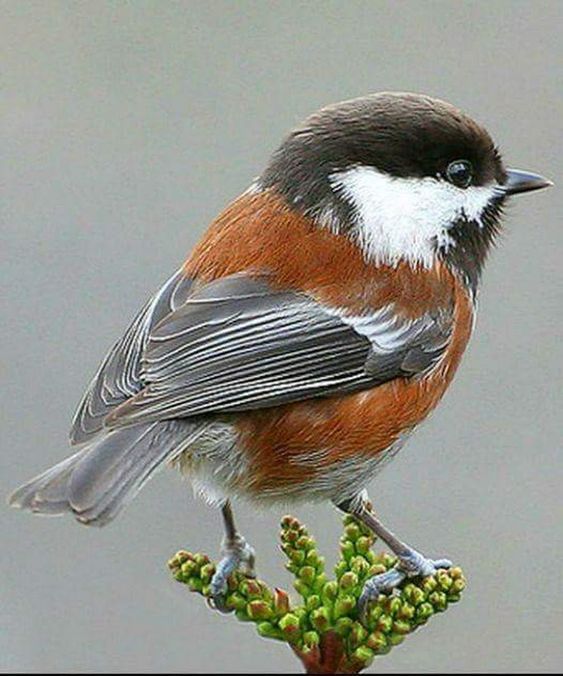
Links:
How to take part – https://www.rspb.org.uk/get-involved/activities/birdwatch/everything-you-need-to-know-about-big-garden-birdwatch/
Attracting birds to your garden – https://www.rspb.org.uk/get-involved/activities/birdwatch/feeding-and-attracting-birds/
Birds to look out for – https://www.rspb.org.uk/get-involved/activities/birdwatch/birds-to-look-out-for/
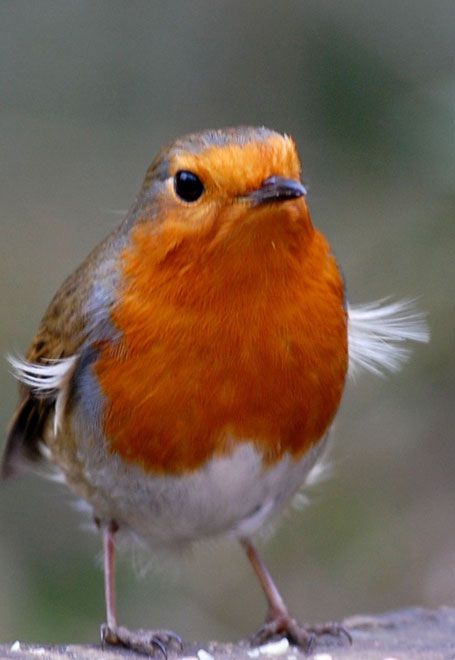
How to take part
It’s so easy to take part. An hour with the birds is a wonderful opportunity to sit back, relax and spend time with nature. So, pop the kettle on, put your feet up and start counting!
- Watch the birds for one hour
Choose an hour between 25 and 27 January to watch the birds in your garden or local park. - Count the most birds that land at once
Only count the birds that land in your garden or park, not those flying over. The same birds may land more than once, so you can avoid double counting by recording the highest number of each bird species you see at any one time – not the total number you count over the hour. - Tell us what you saw
Every count is important, so don’t worry if you don’t see anything. Observing which birds aren’t around is as important as seeing the ones that are. You can submit your results online at rspb.org.uk/birdwatch from 25 January until 16 February.
If you’d prefer to send us your results by post, you can download a submission form from rspb.org.uk/birdwatch. Please make sure you post your findings back to us by 11 February.